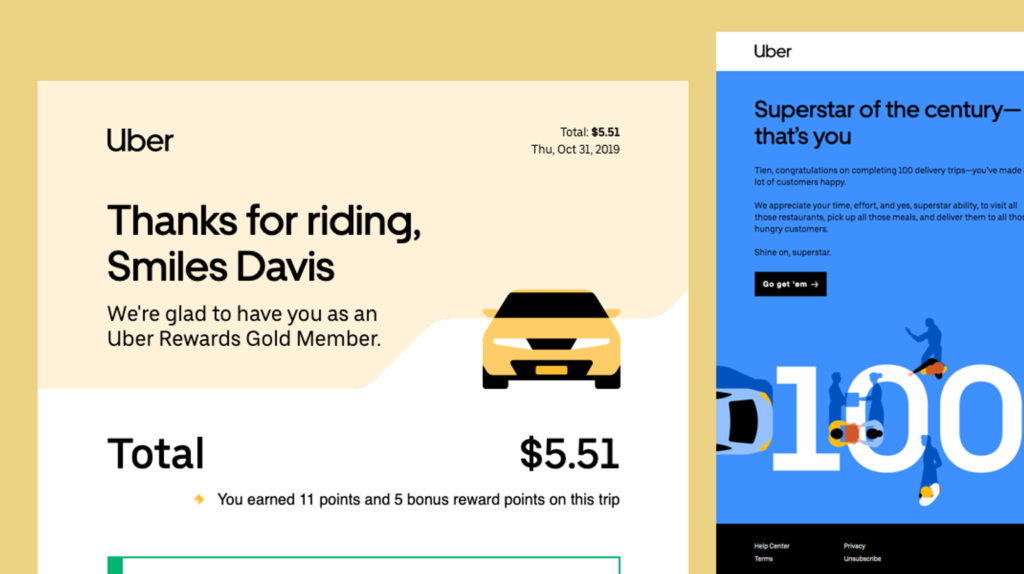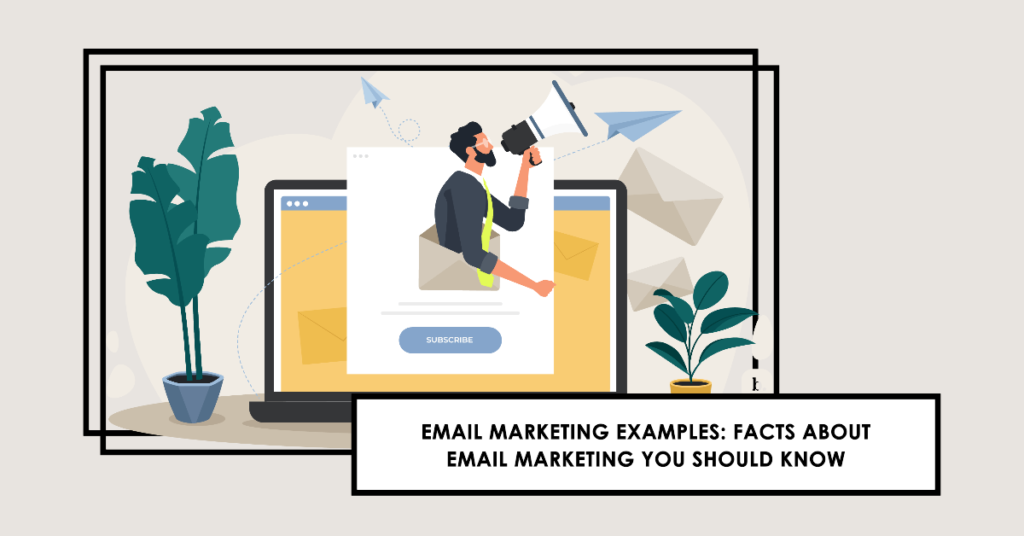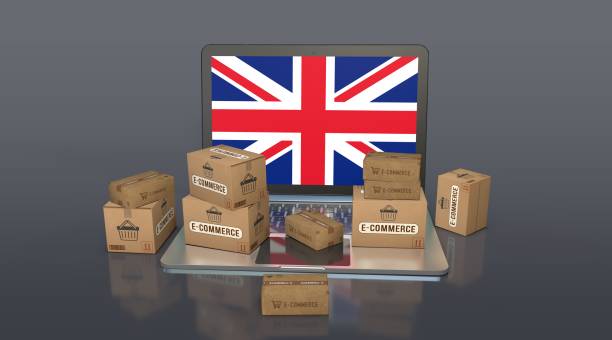With Email becoming relevant not just for office use but also personal. Email marketing examples serves as a powerful tool for businesses, allowing personalized communication with customers to drive engagement and conversions. From tailored content to captivating designs, each example demonstrates the effectiveness of leveraging email campaigns. To connect with audiences on a deeper level.
Moreover, Email marketing is a cost-effective digital marketing strategy that uses email to promote products, services. Or content to a target audience. Through Email Marketing, businesses can send personalized messages, newsletters, promotional offers. And other information to their subscribers or customers via email. Email marketing aims to build and maintain customer relationships, drive engagement, and generate conversions.
To see how effective it is, let’s explore some major examples of brands and their email marketing strategy.
Netflix: Engagement – Email Marketing Examples

With the the average individual subscribing to 2.8 streaming channels, multiple platforms competing for our attention. So, companies like Netflix have become more targeted with their communications.
Based on the customer’s viewing history, Netflix has compiled a selection of new shows that they might find interesting in this email.
It’s easily skimmed, has lots of images to promote the latest releases. And has a call to action to view the video.
Additionally, it takes advantage of Netflix’s well-known red and black design to give the impression that the receiver is browsing through the service. Also, this highlights how crucial it is to maintain brand consistency throughout all of your messaging platforms.
Starbucks: Promotion
Perhaps a good example of effective marketing is Starbucks’ clever use of animation in their emails. Which not only catches the recipient’s eye but also sets their message apart from the plethora of static emails inundating inboxes.
By tying promotions to Starbucks membership, they create a sense of exclusivity, making recipients feel personally selected for special offers. Moreover, this approach fosters a deeper connection with the brand, encouraging customer loyalty and engagement.
Moreover, the explicit statement of exclusivity reinforces this feeling, enhancing the perceived value of the promotion.
Uber: Engagement – Email Marketing Examples

Uber’s email strategy exemplifies the power of simplicity. Additionally, their messages succinctly inform subscribers about deals and promotions, complemented by clear calls to action for effortless navigation.
Through consistent branding, Uber effectively tells its story, fostering brand loyalty. The emails echo Uber’s trademark colors, imagery, and font, ensuring seamless integration with its overall brand identity. So, this cohesion extends across all platforms, from the app to social media, reinforcing brand recognition and trust.
By prioritizing clarity and consistency in its email design, Uber maintains a cohesive brand image while delivering valuable content to its audience.
Adidas: Targeted Content
Adidas has long been an iconic global brand. Their secret? Adidas personalizes their email marketing efforts through Millions of emails sent by them to clients all around the world, catering to the unique preferences and interests of those on their email list with offers and information that fits in.
The brand examines every piece of data it has access to, including location, language, product interest, and past purchases, to provide this customized content. From there, they recommend further products to customers as well as novel sports and way-of-life adjustments.
During the COVID-19 pandemic, when most people avoided shopping in stores and many businesses needed to find new ways to approach customers, this was extremely effective.
Conclusion – Email Marketing Examples
With the use of Email becoming relevant in various sectors of society, email marketing has transformed into a powerful means for E-commerce businesses to communicate with customers to drive engagement and raise the chances of their products and services being purchased.
Moreover, this is possible through certain means as by leveraging personalized communication, businesses can effectively engage with customers, driving brand awareness and increasing the likelihood of conversions. So, through targeted campaigns and strategic messaging, E-commerce businesses can enhance customer relationships, improve brand loyalty, and ultimately, boost sales.
Overall, as technology continues to evolve, email marketing remains a cornerstone of digital marketing strategies, offering unparalleled opportunities for businesses to connect with their audience on a deeper level.









[…] is no longer a luxury but a necessity in email marketing. Additionally, tailoring your messages to the individual recipient can vastly improve engagement […]
[…] Examples Of Email Marketing: How Top Brands Attract Customers […]